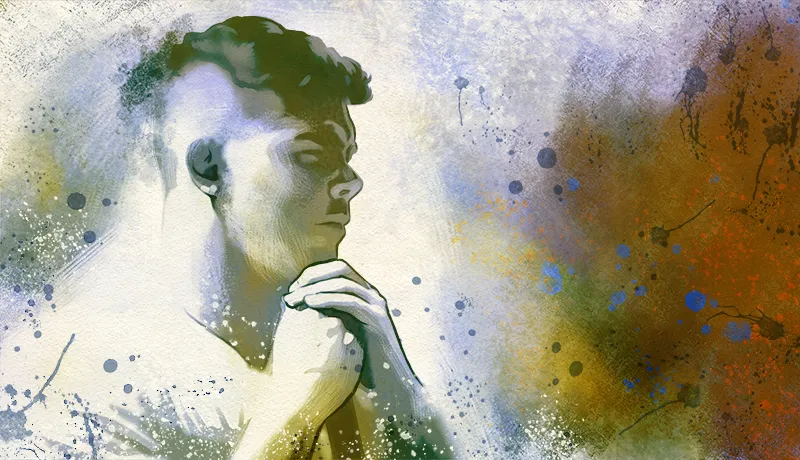3 minutes - Article
The less money you have, the more important it is to know how much money you have coming in and going out.
Stretching your money is very important as you transition to adulthood. Yes, it’s that nasty word budgeting!
Aly Sumar works for ATB Financial, the largest Alberta-based financial institution. He says it’s helpful for youth to think of budgeting in three different “buckets”. Those buckets are Fixed Expenses, Variable Expenses and Savings.
“Fixed is the kind of stuff month to month that you don't have a choice over. If you want a roof over your head, you're going to have to pay rent,” says Aly.
Other fixed expenses include things like utilities, food and transportation. These are the things that stay the same month to month that you can plan for. To help you keep track, write down your fixed expenses, or try out apps that most banks have.
We have choice
The next bucket of expenses Aly talked about are Variable Expenses, also known as discretionary, since we have choice, or discretion, over what we buy, like a night out with friends or a new Xbox.
One of the biggest variable expenses for youth can be eating out and fast food. These transactions add up quick! Learning to cook so you can eat at home can make a huge difference in how much money you have at the end of each month.
Look to the future
The final bucket that Aly mentioned is Savings. Savings are important in helping to set goals and look forward to the future.
“We always have goals, right? We might want to save up for that new laptop or for that new phone or for that car. If you have a dream of being able to get a really nice apartment one day or a certain trip, start to put them on a timeline and see what the future looks like.”
Even if you have very little money, try starting to save this month, no matter how small the amount is. Saving now will help you build a routine that will pay off in the future.
“It might not be a lot. Even if it's five bucks or ten bucks left over at the end of the month, in the future it'll turn into one hundred bucks or maybe a couple hundred bucks. And then you can do a lot more with that as that starts to get bigger. You can maybe do some of the things you couldn't do before.”
Aly says his family comes from very humble beginnings, and he had to learn to make choices about things that he needed, not necessarily what he wanted.
“There's even things that you might think you absolutely need right now, you'd be surprised about how bad you actually need it.”
